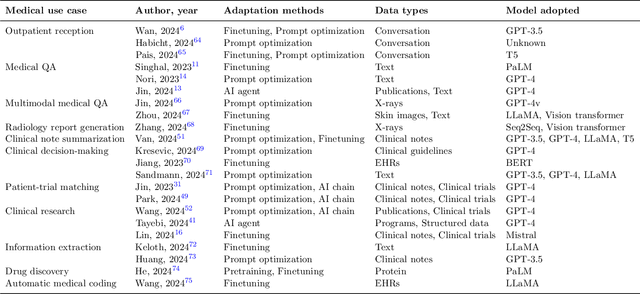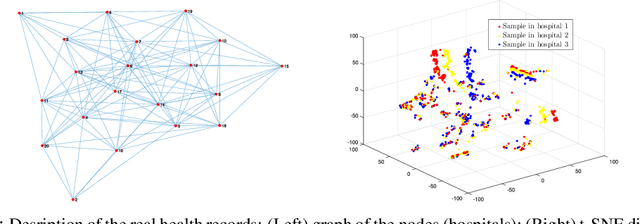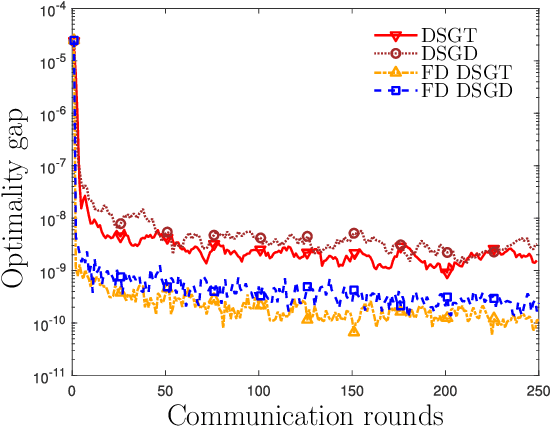Christina Mack
Agentic AI for Scientific Discovery: A Survey of Progress, Challenges, and Future Directions
Mar 12, 2025Abstract:The integration of Agentic AI into scientific discovery marks a new frontier in research automation. These AI systems, capable of reasoning, planning, and autonomous decision-making, are transforming how scientists perform literature review, generate hypotheses, conduct experiments, and analyze results. This survey provides a comprehensive overview of Agentic AI for scientific discovery, categorizing existing systems and tools, and highlighting recent progress across fields such as chemistry, biology, and materials science. We discuss key evaluation metrics, implementation frameworks, and commonly used datasets to offer a detailed understanding of the current state of the field. Finally, we address critical challenges, such as literature review automation, system reliability, and ethical concerns, while outlining future research directions that emphasize human-AI collaboration and enhanced system calibration.
A Perspective for Adapting Generalist AI to Specialized Medical AI Applications and Their Challenges
Oct 28, 2024


Abstract:The integration of Large Language Models (LLMs) into medical applications has sparked widespread interest across the healthcare industry, from drug discovery and development to clinical decision support, assisting telemedicine, medical devices, and healthcare insurance applications. This perspective paper aims to discuss the inner workings of building LLM-powered medical AI applications and introduces a comprehensive framework for their development. We review existing literature and outline the unique challenges of applying LLMs in specialized medical contexts. Additionally, we introduce a three-step framework to organize medical LLM research activities: 1) Modeling: breaking down complex medical workflows into manageable steps for developing medical-specific models; 2) Optimization: optimizing the model performance with crafted prompts and integrating external knowledge and tools, and 3) System engineering: decomposing complex tasks into subtasks and leveraging human expertise for building medical AI applications. Furthermore, we offer a detailed use case playbook that describes various LLM-powered medical AI applications, such as optimizing clinical trial design, enhancing clinical decision support, and advancing medical imaging analysis. Finally, we discuss various challenges and considerations for building medical AI applications with LLMs, such as handling hallucination issues, data ownership and compliance, privacy, intellectual property considerations, compute cost, sustainability issues, and responsible AI requirements.
Learn Electronic Health Records by Fully Decentralized Federated Learning
Dec 10, 2019

Abstract:Federated learning opens a number of research opportunities due to its high communication efficiency in distributed training problems within a star network. In this paper, we focus on improving the communication efficiency for fully decentralized federated learning over a graph, where the algorithm performs local updates for several iterations and then enables communications among the nodes. In such a way, the communication rounds of exchanging the common interest of parameters can be saved significantly without loss of optimality of the solutions. Multiple numerical simulations based on large, real-world electronic health record databases showcase the superiority of the decentralized federated learning compared with classic methods.
 Add to Chrome
Add to Chrome Add to Firefox
Add to Firefox Add to Edge
Add to Edge